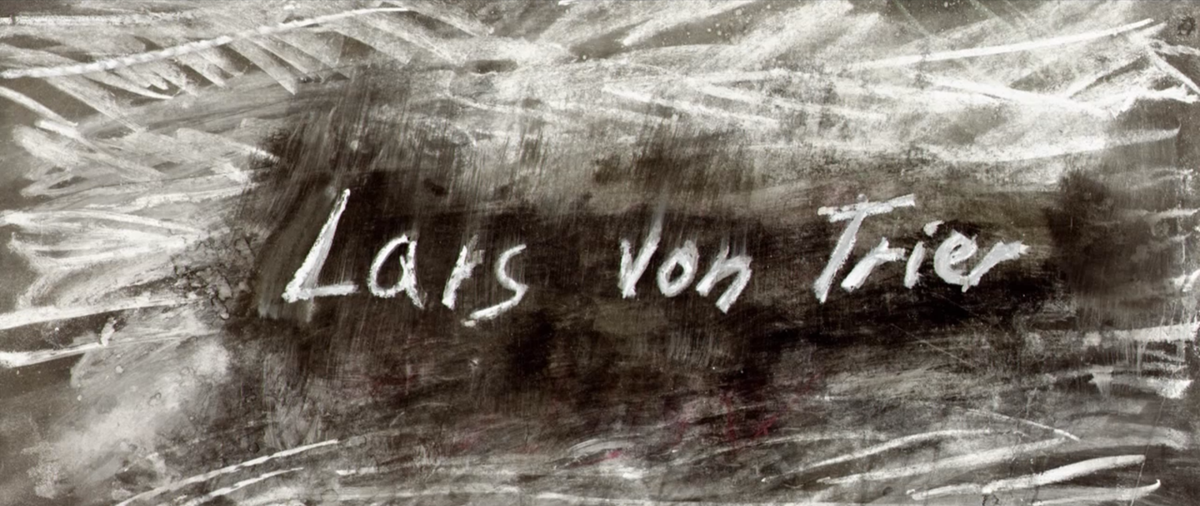

It's weighty with symbolism, especially Biblical allusions, but none of it feels especially compelling or organic. Dafoe is slightly more interesting because he's so placid and mundane, a persona that's far from his usually very edgy, chewy performances.Īntichrist is the type of movie that invites you to interpret every image, gesture and line of dialogue. The eventual tediousness of her performance is entirely the fault of the film itself. Gainsbourg writhes, cries and hyperventilates a lot, and in fleeting moments, her suffering is palpable. Von Trier is good at turning weirdness into something absorbing, but in Antichrist, he's just too leaden and didactic. If this sounds interesting or thought-provoking, please trust me that it's not. "I have never interested you until now that I'm your patient." He replies calmly: "OK, can you give me some examples of this?" But the moment passes, as do so many other assertions and emotions, and his therapy progresses, as does her recovery. "You've always been distant from me and Nick," she says.

The man brings the woman to the woods so he can heal her: Who knows her better, he reasons, than the one who loves her? She's resistant at first, deep in grief, and angry that he doesn't seem to be grieving as well. Nature is Satan's church." Well, there's a thought. "If human nature is evil," she tells her husband, "then that goes for all the sisters.
#ANTICHRIST MOVIE CHAPTER ONE HOW TO#
But in her self-punishing grief - she knew her son had learned how to climb out of his crib - her mind has transformed her readings about the evil of misogyny into the evil nature of women themselves. The characters are intellectuals: He's a shrink, she's working on a thesis about the nature of violence against women.

Three more chapters and an epilogue follow as the man and the woman - we never learn their names - deal with their agony by retreating to a cabin in the woods, where things go from bad to von Trier.įor the most part, Antichrist is pretty slow and dreary - the art-film version of a Lifetime movie, with a whiff of Bergman about it. It's the funeral, and as the tearful man (Willem Dafoe) leads a processional, the woman (Charlotte Gainsbourg) collapses to the pavement. Next comes "Chapter 1 - Grief," which is in color. As he descends to his death, his mother reaches climax, her moaning rictus inaudible, her eyes closed to the tragedy that she and her husband will soon discover. We watch a couple making love - in the shower, in the laundry room with the washing machine churning, against a wall and in bed - while in another room, their child crawls out of his crib, onto a table and out of the window he opens. His product may change from film to film: What do The Kingdom (haunted hospital), Dogville (a critique of America) and Dancer in the Dark (about working-class madness, with Björk) have in common besides him? But the sensation is somehow still uniquely von Trier.Īfter we meet its maker, Antichrist's "Prologue" begins in slow-motion black and white, with an elegiac aria on the soundtrack.

This is appropriate, for Lars von Trier TM has become a brand name in Provocative International Cinema. Just: Lars von Trier, followed by a jolting musical riff, and a quick cut to the name of the film. Not "A film by Lars von Trier," or anything conventional like that. Lars von Trier begins his new film, Antichrist, with Lars von Trier: Before the film's six-minute prologue, which sets up the death that sets up the drama, his name appears on screen, and it stays there for 10 seconds. Not really a lark in the woods: Charlotte Gainsbourg


 0 kommentar(er)
0 kommentar(er)
